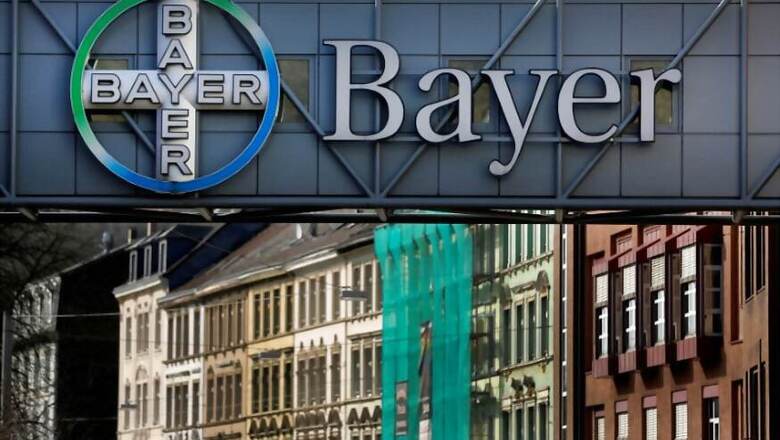
views
Washington: The US today asked Bayer AG to divest businesses and assets worth USD 9 billion ahead of its proposed USD 66 billion acquisition of Monsanto Company.
Bayer, based in Leverkusen, Germany, and Monsanto, headquartered in St Louis, Missouri, are two of the largest agricultural companies in the world. They compete to provide farmers with a broad range of seed and crop protection products.
Describing the move as an effort to protect American farmers and consumers, the Department of Justice said that the proposed divestiture to Bayer AG, an experienced chemical company with a substantial crop protection business, will fully resolve all horizontal and vertical competition concerns.
"This comprehensive structural solution to significant horizontal and vertical competition concernsthe largest merger divestiture ever required by the United Statespreserves competition in the sale of these critical agricultural products and protects American farmers and consumers," said Assistant Attorney General Makan Delrahim of the Antitrust Division.
"We commend the parties for working with the Antitrust Division to resolve our concerns on behalf of American consumers," he said.
The Justice Department's Antitrust Division filed a civil antitrust lawsuit in the US District Court for the District of Columbia to block the proposed transaction while simultaneously filing a proposed settlement that, if approved by the court, would resolve the Department's competitive concerns.
Bayer and Monsanto have been leaders in developing technologies that have allowed farmers to increase significantly crop yields and improve efficiency.
Without the agreed-to divestitures, the proposed merger would likely result in higher prices, lower quality, and fewer choices across a wide array of seed and crop protection products, the Justice Department said.
The merger also threatened to stifle the innovation in agricultural technologies that has delivered significant benefits to American farmers and consumers.
Under the terms of the proposed settlement, Bayer must divest those Bayer businesses that compete with Monsanto today.
These include Bayer's cotton, canola, soybean, and vegetable seed businesses, as well as Bayer's Liberty herbicide business, a key competitor of Monsanto's well-known Roundup herbicide.
The settlement also requires structural divestitures to remedy the competitive harm that would result from the vertical integration of certain significant Bayer seed treatment businesses with Monsanto's leading seed businesses.
Additionally, because Bayer and Monsanto currently compete to develop new products and services, the settlement requires the divestiture of certain intellectual property and research capabilities, including "pipeline" R&D projects.
Finally, in order to fully prevent competitive harm from the merger, the settlement requires the divestiture of additional complementary assets that are needed to ensure that BASF has the same innovation incentives, capabilities and scale that Bayer would have as an independent competitor including, most notably, Bayer's nascent "digital agriculture" business, it said.


















Comments
0 comment